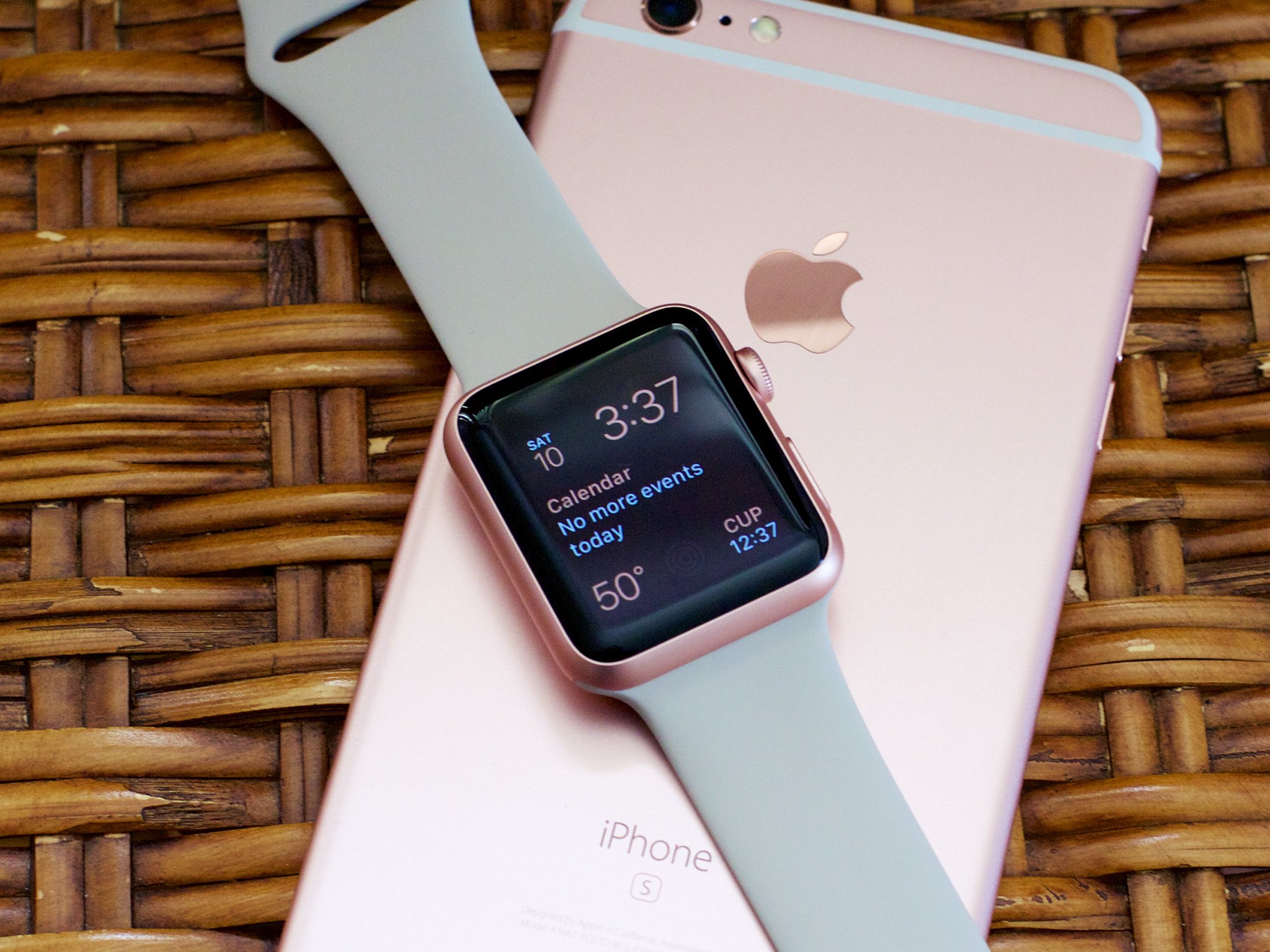The persistence of iPhone

In the wake of Apple's recent quarterly financial results report, there's been a lot of talk about what happens if the company has truly reached the peak of iPhone sales — and what must come next in order for Apple to keep growing.
The iPhone is a once-in-a-decade (if not once-in-a-lifetime) product, and won't be replaced on Apple's revenue chart any time soon. And that's okay, for a whole bunch of reasons.
What goes up... stays up
It's easy to assume — in part due to language commonly used by growth-obsessed investors — that the iPhone is in free fall. Not so much: iPhone sales set a record last quarter. What's actually concerning investors is the rate of change — the idea that we'll never see an iPhone sales quarter bigger than this one, or at least not much bigger. The days of enormous iPhone growth may have reached its end.
If you're comparing the iPhone's life cycle to that of Apple's iPod, there's reason to be terrified: The iPod sold like gangbusters for a number of years, but its decline was drastic — to the point where it got removed from Apple's financial reports last year. That's not going to happen with the iPhone, for a simple reason: the iPod was made largely obsolete by the smartphone. And the smartphone's not going anywhere, not for a very long time.
That means Apple's iPhone business is probably going to keep contributing 150 billion dollars a year for the foreseeable future. (In the last four quarters, the iPhone brought in an average of 38.9 billion per quarter. In comparison, the Mac and iPad bring in five or six billion dollars per quarter. That's a lot of money, sure, but the two products combined pale in comparison to the phone juggernaut.) It's enough money to make Apple one of the biggest, most profitable companies on the planet.
Could the iPhone eventually fail? The future is promised to no one, but people are going to want an internet-connected device in their pockets until there's something even better you can stick in your ear or pop on your eyeball or connect directly to your brain.
There's money in the ecosystem
Apple focused a lot of energy this week on communicating how well it's doing — and how much it's growing — in terms of services revenue. That's the budget line covering iCloud, iTunes, Apple Music, and the App Store.
iMore offers spot-on advice and guidance from our team of experts, with decades of Apple device experience to lean on. Learn more with iMore!
The users of Apple's one billion active devices are all spending money on digital goods and services. It's potentially a huge growth opportunity for the company, and it will be interesting to see what other services Apple might introduce and how much additional revenue might be generated from its existing iPhone installed base — namely, us.
But beyond offering us more content to buy, the Apple ecosystem extends outward. Consider the Apple Watch: It's essentially an iPhone accessory, since it only works with Apple's smartphone. It's another product that can be marketed to existing iPhone users, generating more revenue while also tying them more tightly into the Apple ecosystem. (When an Apple Watch user considers an Android phone, they also have to consider giving up their Apple Watch — making it potentially that much easier to stick with what they know.)
There's still room for growth
The days of rapid smartphone sales growth may well be over, and while Wall Street may not be thrilled about this, it doesn't mean the iPhone is in any danger of disappearing. Apple still thinks there's room for future growth, and the company's reasons seem reasonable to me. The rapid growth of the middle class in China is creating hundreds of millions of new consumers with money to spend on brands like Apple, and products like the iPhone. Apple's weak position in India is generally seen as a negative, but it also means there's a huge upside if the company figures out how to crack that market.
While those of us in the most industrialized nations have benefited from fast 4G LTE cellular networks for a few years now, those networks are still rolling out in India and other emerging markets. People in those countries will buy new phones to take advantage of LTE as it comes online, and that's a big opportunity for Apple to sell iPhones.
And then there's switching: Apple continues to suggest that there's a constant flow of smartphone users from Android to iPhone. It's hard to quantify those numbers overall, but at least from Apple's perspective, there's a growth opportunity simply in picking up Android users who are ready for a change.
Wait for it
Okay, so the iPhone's pretty good for now. But what about the next big thing? How does Apple ignite future growth, and protect the products it already has?
Fortunately, Apple has many, many billions of dollars in cash from its past few years of profits. And the company is investing that money in researching the next generations of products. I'm sure some of that money is going into exploring what might replace a smartphone, whether it's a Siri-powered device that plugs into your ear, or an augmented-reality visor, or who knows what else.
In terms of finding growth, we've all heard the reports that Apple's exploring the possibility of building a car. Entering new markets is never easy, but it provides huge opportunity for growth. It's the same principle as iPhone sales in India: Apple's current share of the automobile market is zero, which means that the sky's the limit when it comes to gaining new customers.
The smartphone era
I'm pretty confident that when we look back to the early parts of the 21st century, we will consider this the dawn of the smartphone era. Even from the perspective of 2016, the personal computer seems to rapidly be transforming into a footnote — a technological prelude to the creation of the smartphone. Tiny devices with massive computing power and an always-on connection to a global data network, living in our pockets — they have transformed the way people live around the world, from the richest countries to some of the poorest.
Apple doesn't need to replicate the iPhone's success with another product to be successful, which is good, because there may not be a product as successful as the iPhone any time in the near future. (Though I'd be happy to be proven wrong when the direct-brain implants come around in 2030.) People who are searching the horizon for the next big thing as hot as the smartphone are searching in vain.
We live in the smartphone era, and considering the slowing rate of growth in smartphone sales, so does everyone else. The introduction of the iPhone was the moment this era truly began. Apple has benefited massively from that, and will continue to for the foreseeable future.
Former lead editor at Macworld for more than a decade, wrote about Apple and other tech companies for two decades. Now I write at Six Colors and run The Incomparable podcast network, which is all about geeky pop culture, and host the Upgrade and Clockwise tech podcasts.

